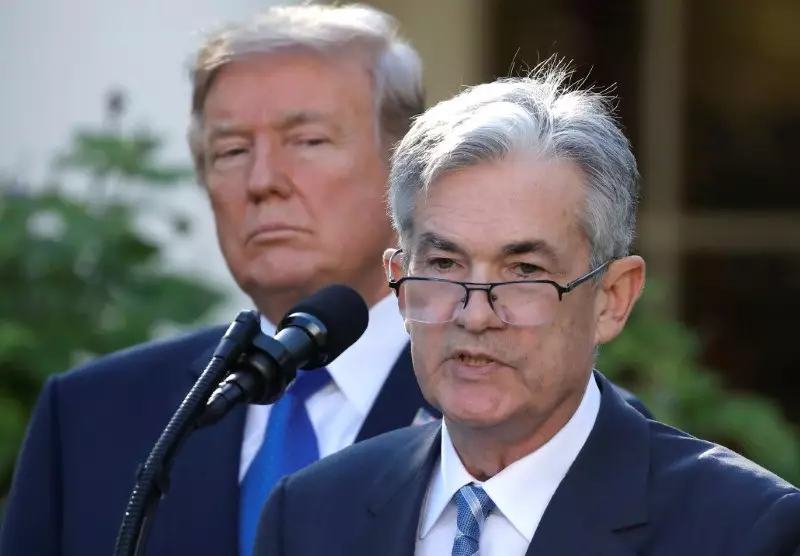Donald Trump, the former president of the United States, has recently expressed a desire to have more influence over the decisions made by the Federal Reserve. Specifically, he believes that the president should be consulted on interest rate decisions and that proposals for Fed banking regulations should be subject to White House review. This marks a significant departure from the usual norms, as past presidents have typically refrained from interfering in the affairs of the central bank.
In stark contrast to Trump’s views, Vice President Kamala Harris, who ran against him in the presidential race, firmly believes that the Federal Reserve should maintain its independence from the executive branch. This divergence of opinions highlights the potential implications of having a president who seeks to exert control over the decisions of the Fed.
One of the primary ways in which a president can influence the Federal Reserve is through the appointment of key officials. The chair of the Federal Reserve is nominated by the president and confirmed by the Senate, giving the president significant power to shape the direction of the central bank. Trump, during his time in office, appointed Jerome Powell as the Fed chief, despite their public disagreements.
The Federal Reserve System, established in 1913, consists of the Federal Reserve Board in Washington, 12 regional Federal Reserve banks across the country, and the Federal Open Market Committee, which sets interest rates. The Fed board, which includes the chair, two vice chairs, and four governors, is tasked with making crucial decisions that impact the nation’s economy.
The terms of Federal Reserve governors are staggered, with the next expiration scheduled for 2026. The current chair, Jerome Powell, is set to serve until 2026, potentially limiting Trump’s ability to appoint more board members. Additionally, the terms of all current Fed bank presidents are set to end in 2026, giving the Board of Governors an opportunity to reevaluate leadership positions.
If Trump were to regain the presidency and implement policies to erode the independence of the Federal Reserve, the implications for the economy could be far-reaching. By exerting control over interest rate decisions and banking regulations, Trump could potentially undermine the credibility and effectiveness of the central bank. Ultimately, the balance of power between the executive branch and the Federal Reserve could shift, impacting the stability of the financial system.

